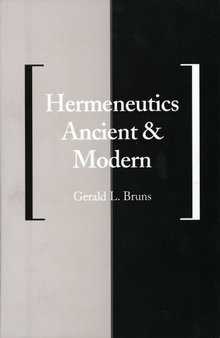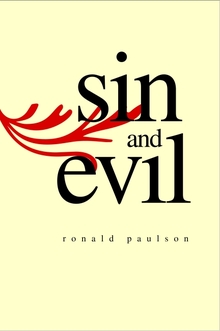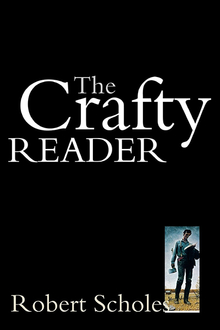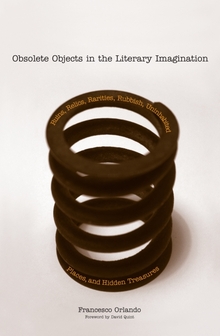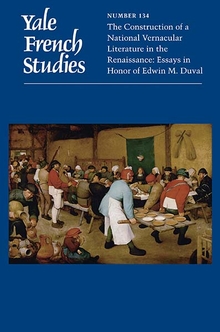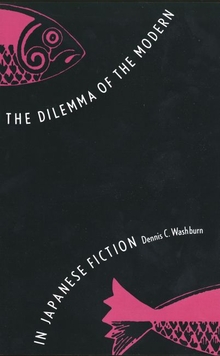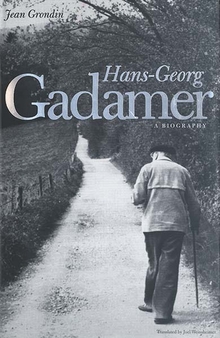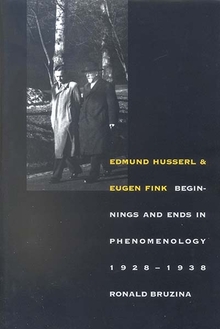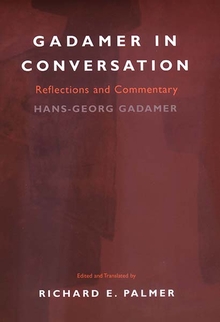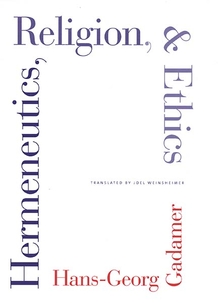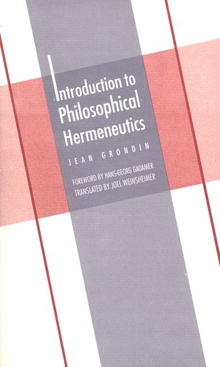Hermeneutics Ancient and Modern
WARNING
You are viewing an older version of the Yalebooks website. Please visit out new website with more updated information and a better user experience: https://www.yalebooks.com
Gerald L. Bruns
What does it mean to understand a riddle, an action, a concept, a law, an alien culture, or oneself? Bruns expands our sense of the horizons of hermeneutics by situating its basic questions against a background of different cultural traditions and philosophical topics. He discusses, for example, the interpretation of oracles, the silencing of the muses and the writing of history, the quarrel between philosophy and poetry, the canonization of sacred texts, the nature of allegorical exegesis, rabbinical midrash, the mystical exegesis of the Qur'an, the rise of literalism and the individual interpreter, and the nature of Romantic hermeneutics. Dealing with thinkers ranging from Socrates to Luther to Wordsworth to Ricoeur, Bruns also ponders several basic dilemmas about the nature of hermeneutical experience, the meaning of tradition, the hermeneutical function of narrative, and the conflict between truth and freedom in philosophy and literature. His eloquent book demonstrates the continuing power of hermeneutical thinking to open up questions about the world and our place in it.
"The first book that surveys virtually the entire range of hermeneutic thought and practice from Plato to the present. It is a dazzling achievement."—Joel Weinsheimer, University of Minnesota
"[Bruns's] history of hermeneutics provides the valuable service of characterizing the hermeneutic practices of philosophers, theologians, and writers not traditionally associated with the field. . . . The range and play of Bruns's thought across the intellectual landscapes of philosophy and literature can be astounding, both in the sheer quantity of figures and works he considers and in his ability to forge and discern links between seemingly disparate texts and practices. . . . Philosophers should appreciate Bruns's considerable depth in issues in contemporary philosophy, and literary theorists should benefit from his philosophically grounded reflections on a variety of works of literature and criticism."—James M. Lang, Philosophy and Literature
"Hermeneutics Ancient and Modern is an impressive, eloquent, and far-reaching study of the first order."—David Halliburton, Philosophy and Literature
"As demonstrated throughout . . . his book, Bruns is an exceptionally knowledgeable, articulate, and compelling thinker and teacher who seems to believe that the more we come to grips with what is involved in our hermeneutical way of being-in-the-world, the better off we may be. . . . [This is] a text that is as learned as it is eloquent."—Michael J. Hyde, Quarterly Journal of Speech
"A work that gently leads the novice reader into areas of great complexity. . . . In addition, generous notes provide excellent assistance, all of which makes this the ideal tome for those approaching hermeneutics for the first time."—M. J. G. Roadnight, Philosopher
Publication Date: March 20, 1995

